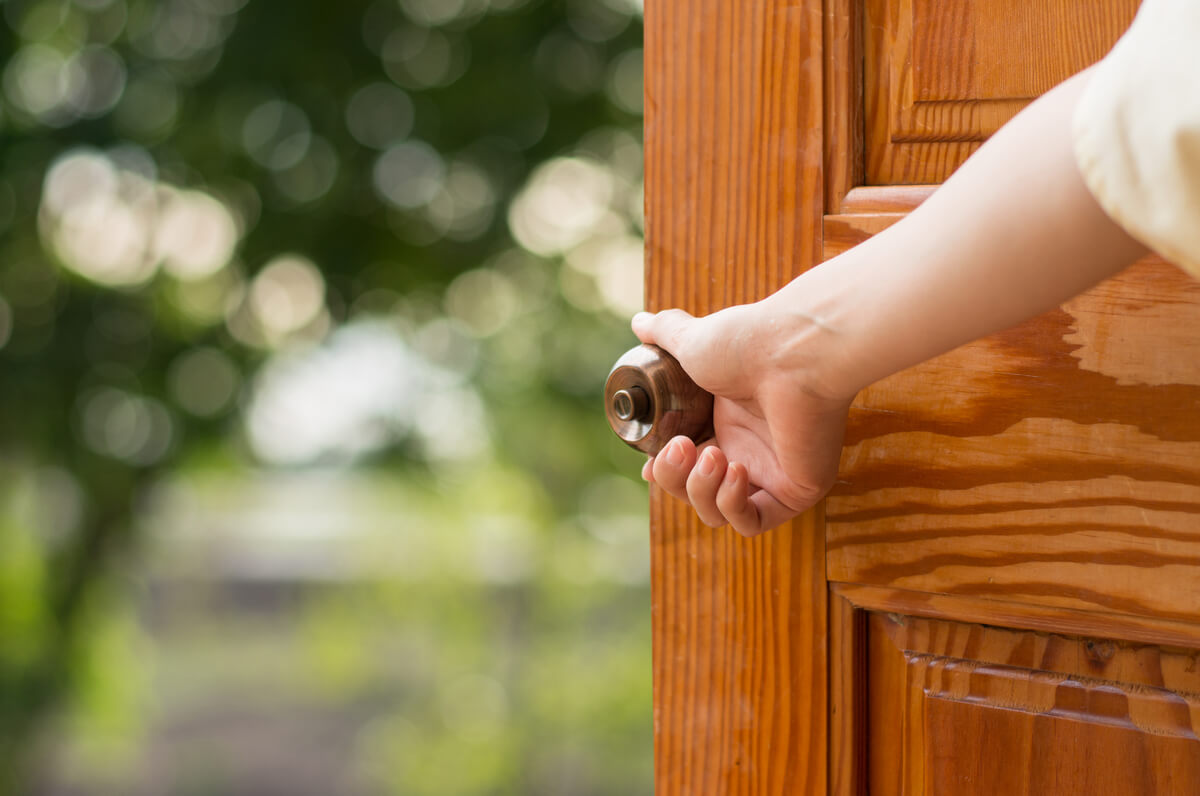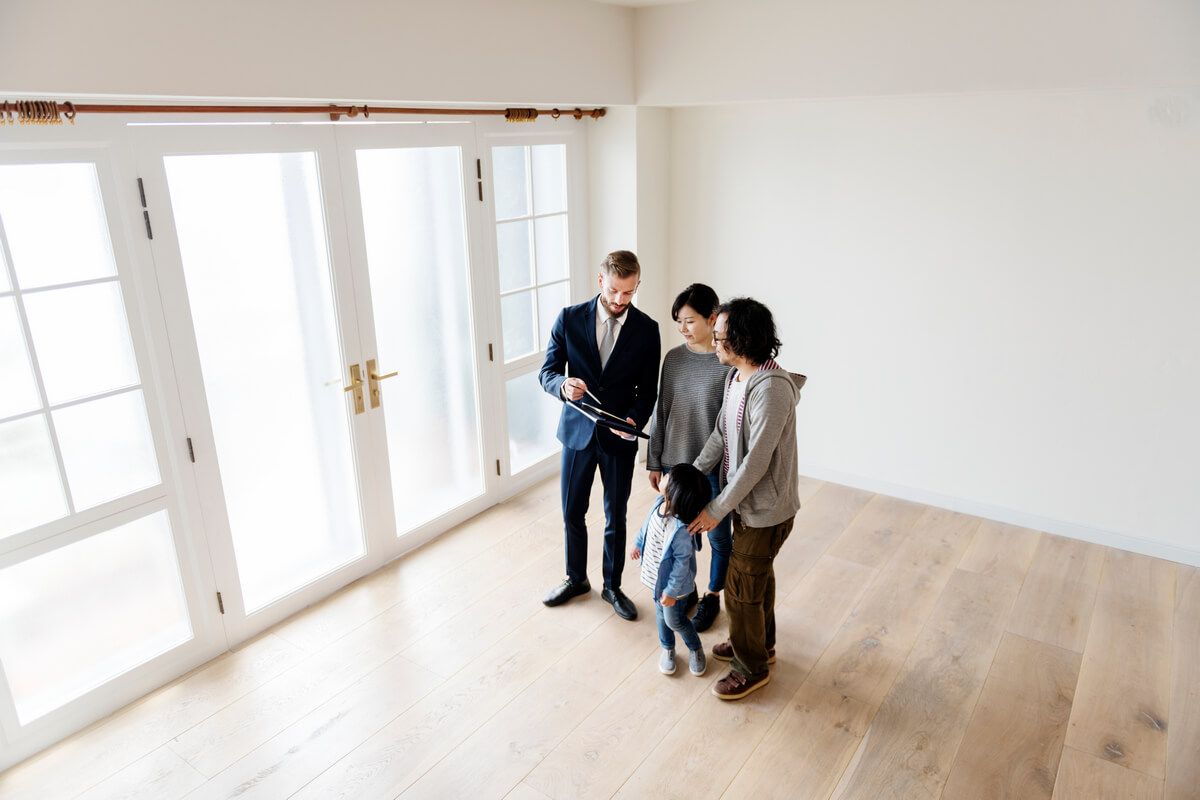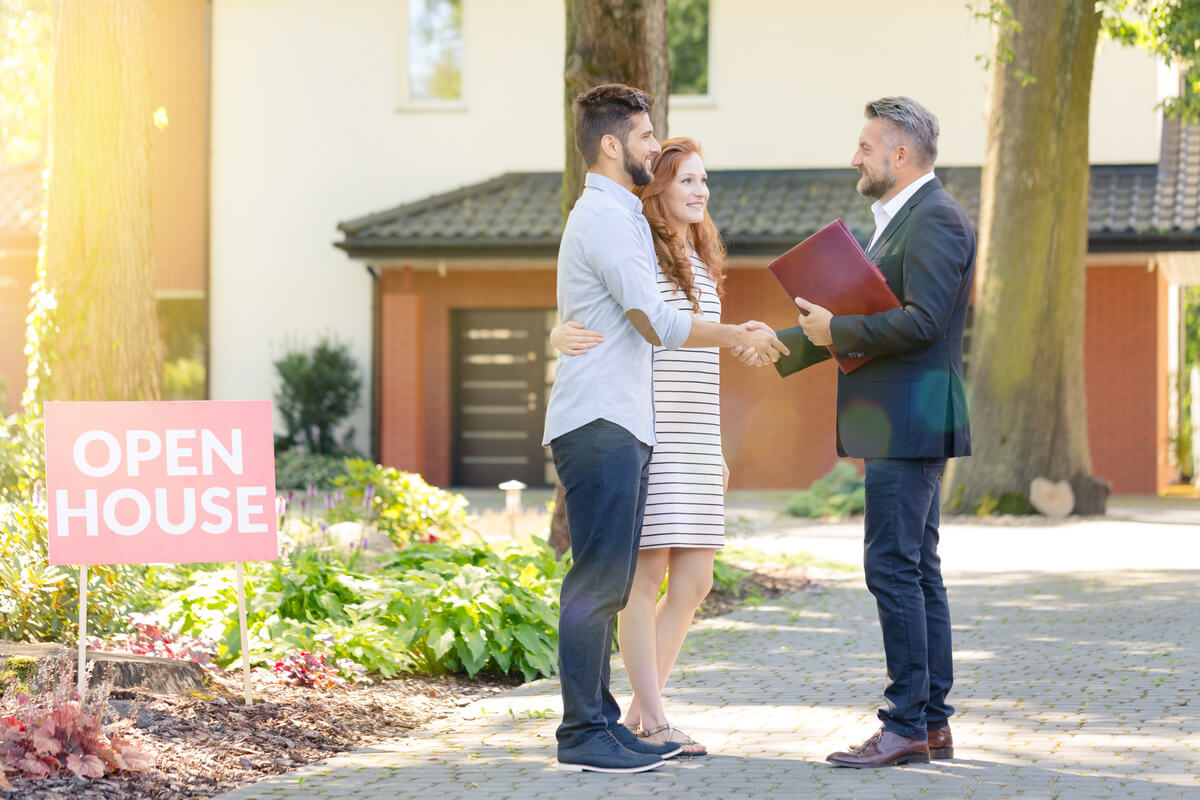Some real estate agents are firm believers in the power of an open house. They say that they’re a tried-and-true way to market your home and get interested buyers through the door. However, other agents argue that open houses are more trouble than they’re worth and that they rarely lead to offers you wouldn’t get otherwise.
Whether or not to host an open house is ultimately your choice as the homeowner. You may be hearing conflicting information from different people in your life, and you may be skeptical about your chances of success.
Because real estate varies so much from place to place and even from home to home, there isn’t a clear answer as to whether an open house will help you sell the property. Here are some of the most important pros and cons to consider before you make up your mind:

Pro: Your home will get more exposure.
Some realtors say that additional exposure for your home is never a bad thing. You never know who will see the sign for your open house and decide to drop in, and there’s always a chance that this will lead to an offer. Even if a buyer doesn’t actually attend the open house, they might see the ad for the event and look at the online listing or contact their realtor about scheduling a showing.
To make the most of the open house, be sure to advertise it in as many places as possible. Use social media, your agent’s website, newspaper ads, and street signs to inform everyone in the area. Exposure is virtually the entire purpose of an open house, so your efforts will only pay off if you highly publicize the event.

Con: It probably won’t lead to a sale.
Even if your open house has a fantastic turnout, the likelihood of it directly leading to a sale is slim. Only about 2 percent of home sales occur as a result of the open house. Most sales happen when real estate agents schedule private showings for buyers.
You can never predict who will attend your open house, so some agents believe it’s always worth it to try. However, you should be prepared for the possibility that nothing will happen.

Pro: Open houses attract first-time home buyers.
Sometimes, first-time buyers or people who are unfamiliar with the home buying process attend an open house as their first step toward making a real estate purchase. They might see a sign on the street corner for your open house and decide on a whim to check it out. Attending an open house is more exciting and interesting for new buyers than scheduling a meeting with a realtor or a mortgage lender, so it can be a good introduction to the real estate world.
These buyers may not all be eligible to buy your home. Inexperienced buyers aren’t always sure what they can be approved for, so they may attend open houses for homes that are out of their price range. If you do find a qualified first-time buyer through your open house, though, they may feel particularly motivated to go through with the sale if they love the property. New buyers are eager, so they can be a great demographic to sell to.

Con: The attendees may not be qualified.
Anyone can attend an open house, so you’ll probably meet some people who aren’t qualified to purchase the property. They might not consult with a realtor before attending, and they may simply walk through because they like looking at houses.
It can be frustrating to take the time to plan and host an open house for people who can’t or won’t put in an offer. Unfortunately, you can’t screen your open house guests before you let them in, so you just have to take your chances and hope that the attendees are qualified.

Pro: It’s a low-pressure situation for buyers.
Buyers sometimes prefer open houses because they don’t feel as pressured from the agent or homeowner as they do during private showings. In most cases, open houses are laid-back events where prospective buyers can casually tour the home. Private showings may feel more intense for buyers as they’re the only object of the seller’s attention.
If you host an open house, you’ll attract some buyers who like to view a home without feeling pressured or rushed. Then, if they like what they see, they may schedule a private showing to accelerate the process.

Con: There may be security issues.
Homeowners are sometimes wary of open houses because they can create security problems. Break-ins, theft, and vandalism are uncommon, but they do happen. When you host an open house, you invite strangers into your home.
There’s always a risk associated with this as criminals could take this opportunity to learn the layout of your home and plan a robbery. Theft can even occur during the open house, especially if you leave guests unattended.
Although it’s unlikely you’ll be the victim of a crime because you held an open house, you should always take precautions. Remove or secure your valuable items during the open house, and make sure you keep your doors and windows locked in the days and weeks following the event.

Will an open house help you?
If your house is very similar to others in your neighborhood, you may not benefit much from hosting an open house. Prospective buyers already know what to expect from the home, so an open house probably won’t change their opinion. However, if you have a unique property, an open house could be an opportunity to show off the character of your home to a larger buyer pool.
Your choice may also depend on the current real estate market. If you’re in a seller’s market, you’ll probably get competitive offers on the home just from private showings. In a buyer’s market, you might have to host an open house to generate more interest in the home.
There are benefits and drawbacks to hosting an open house. Preparing for an open house takes a lot of work, and you can’t guarantee that it will lead to a sale. Extra publicity doesn’t hurt, though, and it is possible that you’ll get a great offer following an open house. However, don’t hold an open house just because it’s a traditional part of the process. Discuss the pros and cons with your real estate agent, and make an informed choice about whether or not it’s worthwhile.

